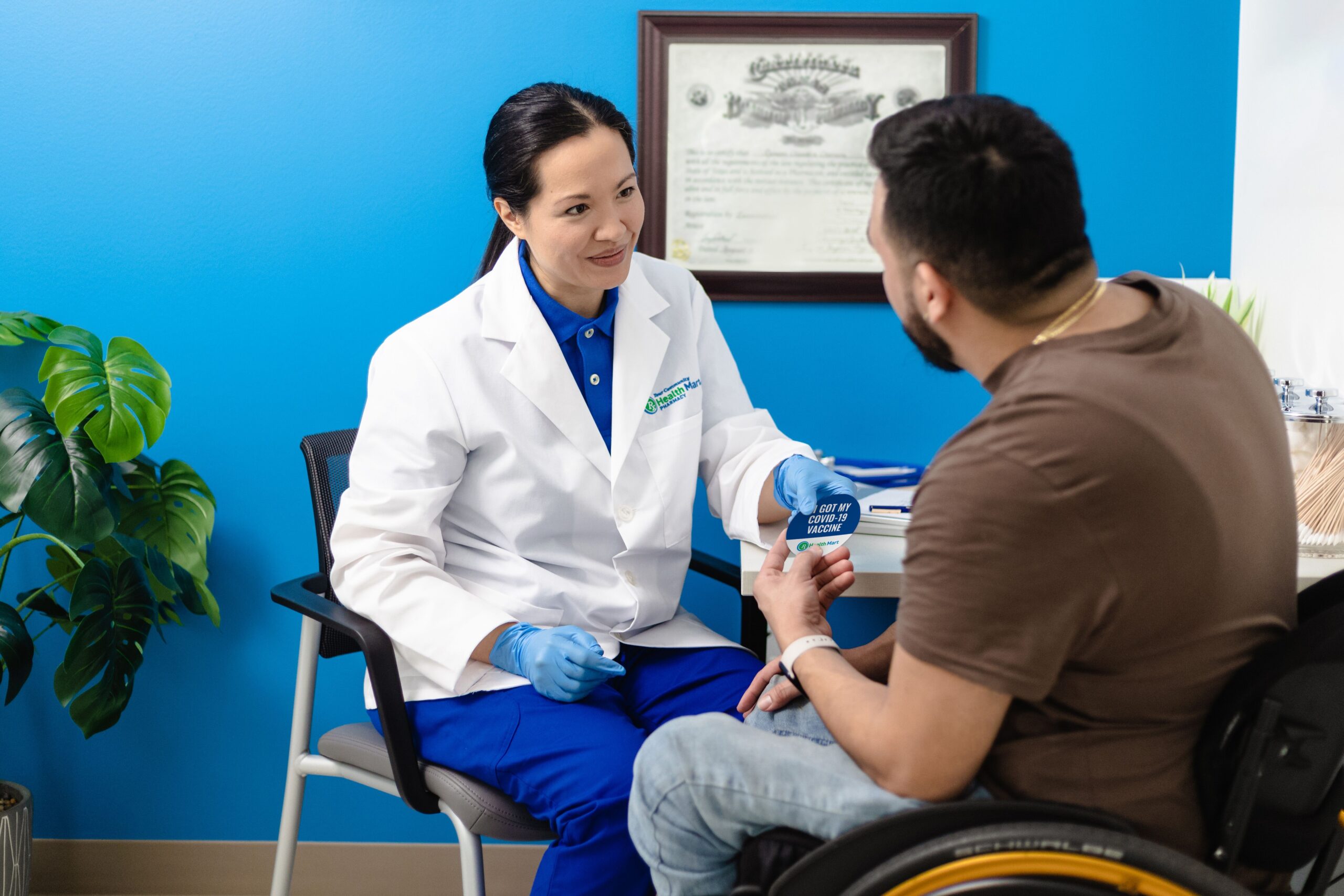-
,for, Item ID-
- #647720
- Providers like you icon 34
- Masimo Corp #1598
SpO2 Sensor Replacement Tape Replacement Tapes Multi-Site Adult / Infant / Pediatric Single Patient Use No Cord
WRAP, PETITE F/RUSBL SENSOR (100/BX)
Features
- The Masimo YI SpO2 sensor monitors Oxygen Saturation (SpO2) and Pulse Rate (PR) for all patient populations (adult, pediatric, infant, and neonate), although it's most commonly used to monitor infant and neonatal patients. The YI sensor is applied to the sensor site using Masimo attachment wraps (PN 1597, 1598, or 1602).
- Neonates (1-3kg): The preferrred application sites are the outer aspect of the foot, under the fourth toe or the outer aspect of the palm of the hand. Infants (3-10kg): The preferred application sites are the outer aspect of the foot, under the fifth toe or the outer aspect of the palm of the hand, under the fifth finger. For infants with fat or edematous feet, the great toe or thumb is recommended. Adults (> 30kg) and Pediatrics (10-50kg): The preferred sites are the middle or ring finger of the non-dominant hand. Alternatively, the great or second toe may be used.
- Masimo SET Pulse Oximetry has been shown to have unrivaled accuracy and reliability in more than 100 clinical studies. It is the primary pulse oximetry at all top 10 U.S. hospitals (as of 2024) and monitors more than 200 million patients a year globally.
- More …
Product Details Email
Product Specifications
| McKesson # | 647720 |
|---|---|
| Manufacturer # | 1598 |
| Brand | Replacement Tapes |
| Manufacturer | Masimo Corp |
| Country of Origin | United States |
| Application | SpO2 Sensor Replacement Tape |
| Buy American Act (BAA) Compliant | No |
| Cord Length | No Cord |
| For Use With | For use with YI Multi-site Sensor |
| Securing Method | Tape |
| Specifications | Patient Weight: > 2.2 |
| Target Area | Multi-Site |
| Trade Agreement Act (TAA) Compliant | No |
| UNSPSC Code | 42181804 |
| Usage | Single Patient Use |
| User | Adult / Infant / Pediatric |
Features
- The Masimo YI SpO2 sensor monitors Oxygen Saturation (SpO2) and Pulse Rate (PR) for all patient populations (adult, pediatric, infant, and neonate), although it's most commonly used to monitor infant and neonatal patients. The YI sensor is applied to the sensor site using Masimo attachment wraps (PN 1597, 1598, or 1602).
- Neonates (1-3kg): The preferrred application sites are the outer aspect of the foot, under the fourth toe or the outer aspect of the palm of the hand. Infants (3-10kg): The preferred application sites are the outer aspect of the foot, under the fifth toe or the outer aspect of the palm of the hand, under the fifth finger. For infants with fat or edematous feet, the great toe or thumb is recommended. Adults (> 30kg) and Pediatrics (10-50kg): The preferred sites are the middle or ring finger of the non-dominant hand. Alternatively, the great or second toe may be used.
- Masimo SET Pulse Oximetry has been shown to have unrivaled accuracy and reliability in more than 100 clinical studies. It is the primary pulse oximetry at all top 10 U.S. hospitals (as of 2024) and monitors more than 200 million patients a year globally.
- Accurate During Motion. Before Masimo SET® pulse oximetry, false alarm rates were high, often due to motion and low perfusion. With Masimo SET®, the rate of false alarms dropped by more than 80% and yet true alarm detection improved significantly.
- Accurate During Low Perfusion. A recent peer-reviewed study found that for Masimo SET® SpO2, ARMS* accuracy was 1.37% in all subjects with normal perfusion and 1.64% in all subjects with low perfusion
- Accurate on All Skin Tones. A peer-reviewed publication demonstrated that Masimo RD SET sensors had only a 0.15% difference in bias between dark- and light-skinned subjects, which is not clinically significant because pulse oximeters only measure in whole numbers. Further analysis showed that RD SET accurately measured SpO2 for both Black and White subjects not only when perfusion was normal but also during low perfusion.
- Masimo SET® saves lives. A study conducted over 10 years on general floor patients being monitored with Masimo SET® while recovering from surgery found zero preventable deaths or brain damage from opioid-induced respiratory depression. Another study has shown that use of SET® led to an 80% reduction in the rate of retinopathy of prematurity (ROP, an eye disorder that can cause blindness in premature babies). Of particular note, in multiple studies, involving more than 300,000 newborns, use of SET® as part of screening for critical congenital heart disease (CCHD) has been shown to significantly improve screening sensitivity.
Frequently Viewed Together
-
,for, Item ID-
- #1027182
- McKesson Brand #16-2351
-
,for, Item ID-
- #1027187
- McKesson Brand #16-2358
-
,for, Item ID-
- #1027186
- McKesson Brand #16-2356
-
,for, Item ID-
- #742789
- Masimo Corp #2328
-
,for, Item ID-
- #1079392
- Masimo Corp #4003
-
,for, Item ID-
- #971382
- Welch Allyn #3278-010
-
,for, Item ID-
- #1178090
- Nonin Medical #3278-006
-
,for, Item ID-
- #866526
- Nonin Medical #7426-004
-
,for, Item ID-
- #459023
- Nonin Medical #0740-000
-
,for, Item ID-
- #534005
- Masimo Corp #1862
-
,for, Item ID-
- #1059424
- Masimo Corp #4050
-
,for, Item ID-
- #1198951
- Masimo Corp #2307
-
,for, Item ID-
- #1179017
- Masimo Corp #4325
-
,for, Item ID-
- #1082237
- Masimo Corp #4047
-
,for, Item ID-
- #1179014
- Masimo Corp #4653
-
,for, Item ID-
- #663704
- Masimo Corp #1895





















